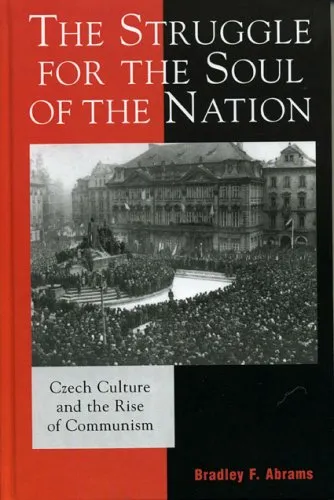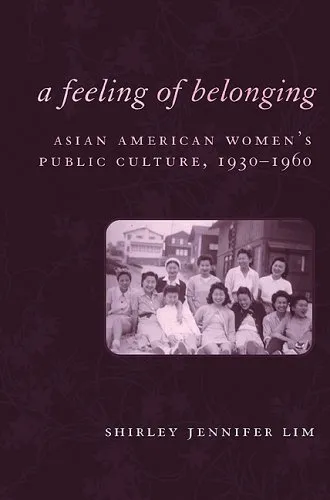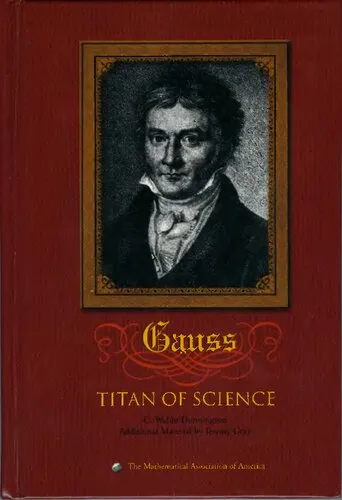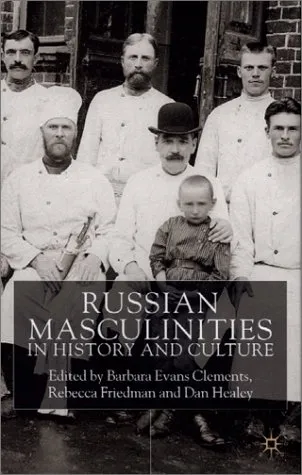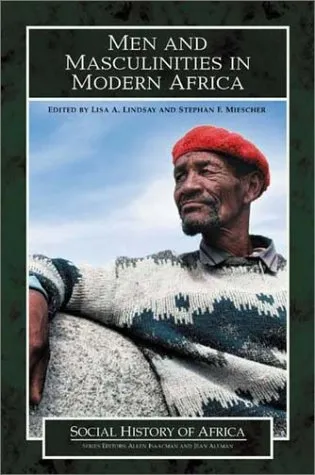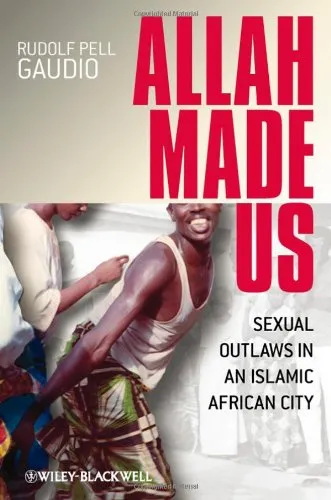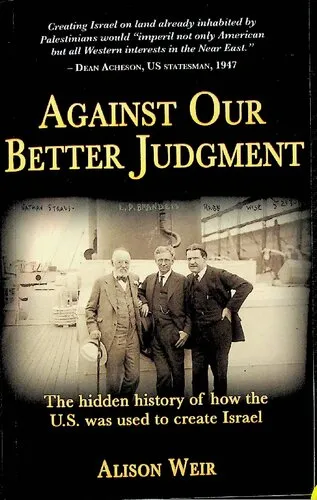The Struggle for the Soul of the Nation: Czech Culture and the Rise of Communism
4.0
Reviews from our users

You Can Ask your questions from this book's AI after Login
Each download or ask from book AI costs 2 points. To earn more free points, please visit the Points Guide Page and complete some valuable actions.Related Refrences:
Introduction to "The Struggle for the Soul of the Nation: Czech Culture and the Rise of Communism"
"The Struggle for the Soul of the Nation: Czech Culture and the Rise of Communism," written by Bradley F. Abrams, delves into one of the most transformative and tumultuous periods in 20th-century Czech history. This thought-provoking work explores the intricate interplay between culture, politics, and ideology, shedding light on the rise of communism in Czechoslovakia after World War II. By carefully analyzing the cultural and intellectual response to political upheaval, the book provides a profound understanding of how Czech identity was refashioned during a time of immense ideological conflict.
Unlike conventional historical approaches that focus solely on institutional dynamics or leadership decisions, Abrams emphasizes the pivotal role of intellectuals, writers, and cultural elites. He illustrates how their ideas, artistic expressions, and public discourses shaped—and were shaped by—the intense struggle to define the nation’s soul. At its core, the book interrogates how Czech culture grappled with questions of national identity, modernity, democracy, and socialism, navigating a precarious path through the complex realities of the postwar world.
With its nuanced research, Abrams's work is both academically rigorous and highly accessible, making it a valuable resource for historians, political scientists, and anyone interested in understanding the relationship between culture and ideology in shaping societal transformations.
Detailed Summary of the Book
The book begins by situating the reader in post-World War II Czechoslovakia, a nation emerging from the ashes of Nazi occupation and confronting the challenges of rebuilding its social and political fabric. Abrams explores the motivations and strategies of the Communist Party of Czechoslovakia (CPC) in consolidating power, emphasizing that their success was not merely a result of coercion or Soviet influence. Instead, he argues that the Communists achieved dominance by weaving their ideology into the cultural and intellectual frameworks of the time.
A crucial portion of the book focuses on how Czech intellectuals—many of whom were initially sympathetic to socialism—played a key role in legitimizing the Communist project. Abrams examines their debates on democracy, socialism, and cultural identity, revealing how these discussions were co-opted by the Communist Party to align with their ideological goals. Through close readings of literary works, political speeches, and artistic productions, Abrams demonstrates how culture was weaponized to serve political ends.
The narrative also highlights the tension between competing visions of national identity. At the heart of this conflict was a struggle between individual freedom and collective responsibility, tradition and modernity, as well as the Western democratic model and the Soviet-inspired socialist model. Abrams argues that the choices made during this period set in motion a reconfiguration of Czech culture that had profound and lasting ramifications.
Key Takeaways
- The rise of communism in Czechoslovakia cannot be fully understood without considering the cultural and intellectual climate of the time.
- Czech intellectuals, artists, and cultural elites played a central role in the ideological battles that shaped the nation’s trajectory.
- Communism in Czechoslovakia was not imposed purely through external force or repression, but also through ideological engagement and cultural adaptation.
- The ideological struggle had far-reaching implications for questions of national identity, individual agency, and cultural expression.
- Abrams’s examination underscores the interconnectedness of politics, culture, and ideology in shaping historical transformations.
Famous Quotes from the Book
"It was not brute force alone that won the day for communism in Czechoslovakia; it was the artful melding of ideology with culture, of the written word with political endeavor, and of dreams with realities."
"Culture is history's most subtle battleground, where victories may be won without the firing of a single shot, but with consequences no less profound."
"The intellectuals of postwar Czechoslovakia occupied a precarious space, torn between personal convictions, public responsibilities, and the ever-tightening grip of the Communist regime."
Why This Book Matters
"The Struggle for the Soul of the Nation" is an essential read for anyone seeking to understand the dynamics of cultural power in shaping political ideologies. By focusing on Czechoslovakia's unique historical experience, Abrams offers insights that resonate far beyond its borders, touching on universal themes of freedom, identity, and the role of culture in contentious times.
The book matters because it challenges simplistic narratives about political change, demonstrating that ideology is not imposed in a vacuum. Instead, Abrams unveils the deeply embedded cultural flows that influence and are, in turn, influenced by political discourse. In an era where questions of national identity and ideological struggle remain relevant worldwide, Abrams’s work serves as a timely reminder of the complexities and subtleties involved in such transformations.
Free Direct Download
You Can Download this book after Login
Accessing books through legal platforms and public libraries not only supports the rights of authors and publishers but also contributes to the sustainability of reading culture. Before downloading, please take a moment to consider these options.
Find this book on other platforms:
WorldCat helps you find books in libraries worldwide.
See ratings, reviews, and discussions on Goodreads.
Find and buy rare or used books on AbeBooks.
1418
بازدید4.0
امتیاز0
نظر98%
رضایتReviews:
4.0
Based on 0 users review
Questions & Answers
Ask questions about this book or help others by answering
No questions yet. Be the first to ask!
